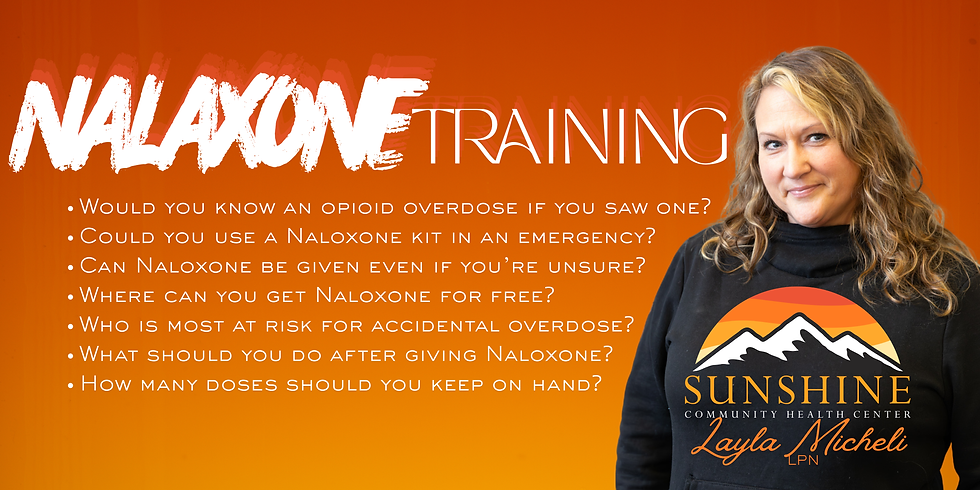HPV Vaccinations Save Lives!
- Mga tauhan ng Sunshine

- Aug 22, 2023
- 2 min na pagbabasa
What is HPV?
The Human papillomavirus (HPV) is the most common sexually transmitted infection (STI) in the United States of America. There are several types of HPV that can cause different health problems like genital warts and/or cancers. If you are sexually active, you can get HPV and pass the infection to someone else even if you have no signs or symptoms. HPV can cause cervical cancer as well as cancer of the vulva, vagina, penis, anus, or back of the throat. Cancer can take decades to develop after a person gets HPV.
That will never happen to me...
It is human nature to think that we are safe from disaster, disease, and sickness. Anyone who is sexually active is at risk for HPV-associated cancers. Data from 2015-2019 shows that over 47,000 new HPV-associated cancers occurred in the United States, annually.
Overall, HPV is thought to be responsible for...
More than 90% of anal and cervical cancers.
70% of vaginal and vulvar cancers.
More than 60% of penile cancers.
Roughly 70% of oropharynx cancers.
Alaska Data
The Centers for Disease Control shares data from 2020 for reports of new cancer diagnoses.
Cervical Cancer || 11,542 new cases and 4,272 women died from this cancer.
Colon & Rectum || 126,240 new cases and 51,869 people died from this cancer.
Oral Cavity & Pharynx || 45,703 new cases and 10,835 people died from this cancer.
Prevention
There are several ways to lower the chances of getting HPV and preventing cancer. Vaccinate. The HPV vaccine is safe and effective. It can protect against disease. Even if you have your vaccines, make sure you get regular cancer screenings. Women ages 21-65 should get routine cervical cancer screenings. If you are sexually active, make sure you use condoms the right way, every time you are sexually active, to lower your chances of infection. Condoms may not fully protect against HPV.
When to Vaccinate?
The Centers for Disease Control recommends vaccinations for...
All preteens (male and female) at age 11 or 12 years and as early as 9 years old.
Everyone should be vaccinated by the age of 26. Vaccination is not recommended for anyone older than 26 years of age but you and your provider may decide to vaccinate if you are not already fully vaccinated. Ask questions at your next appointment.
What next?
If you have not been vaccinated and/or if you have a child who is near the recommended age range for this vaccine we encourage you to call and schedule an appointment with your care team at Sunshine Community Health Center. Information in this blog was provided by the Centers for Disease Control.
Sunshine Community Health Center
1-907-376-2273 (PANGANGALAGA)







